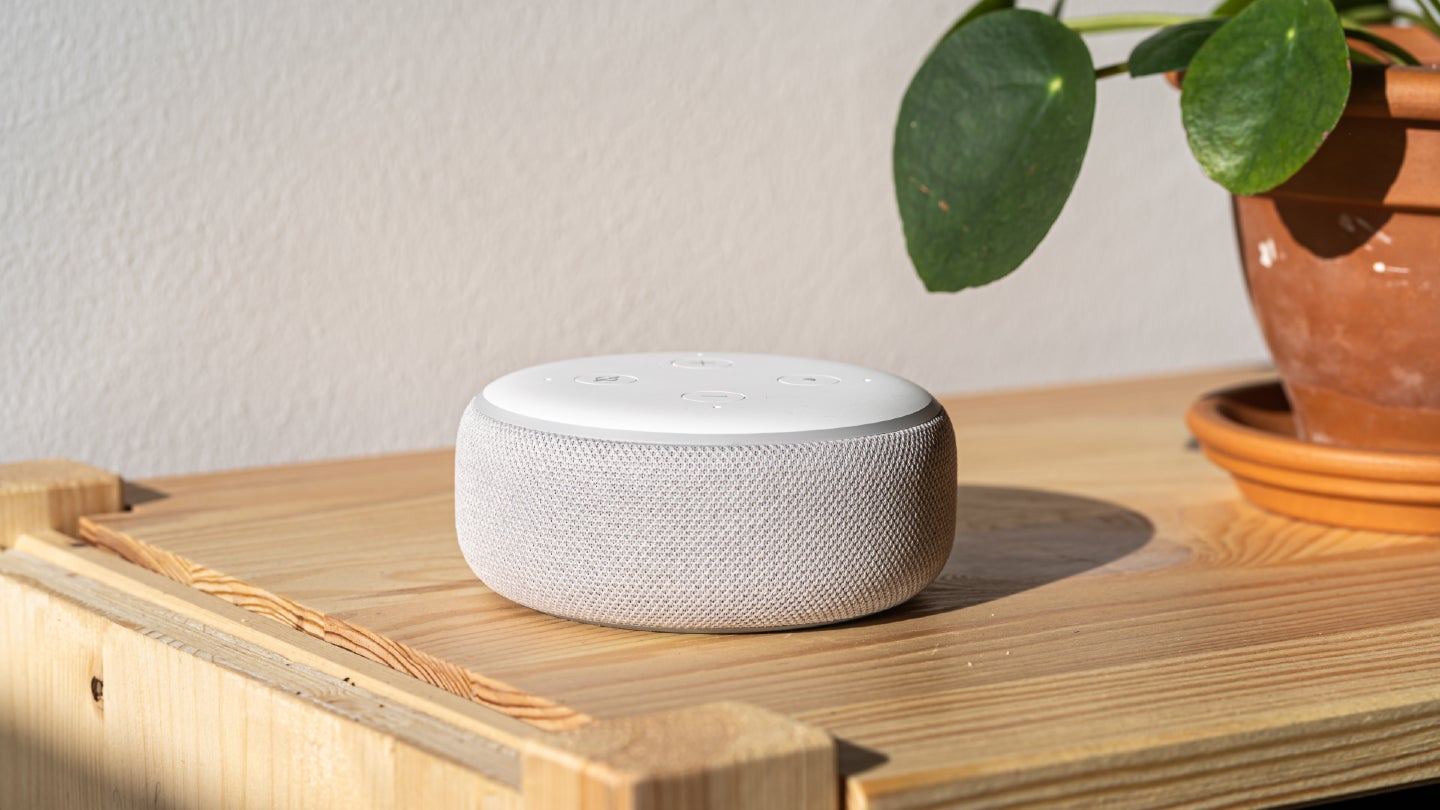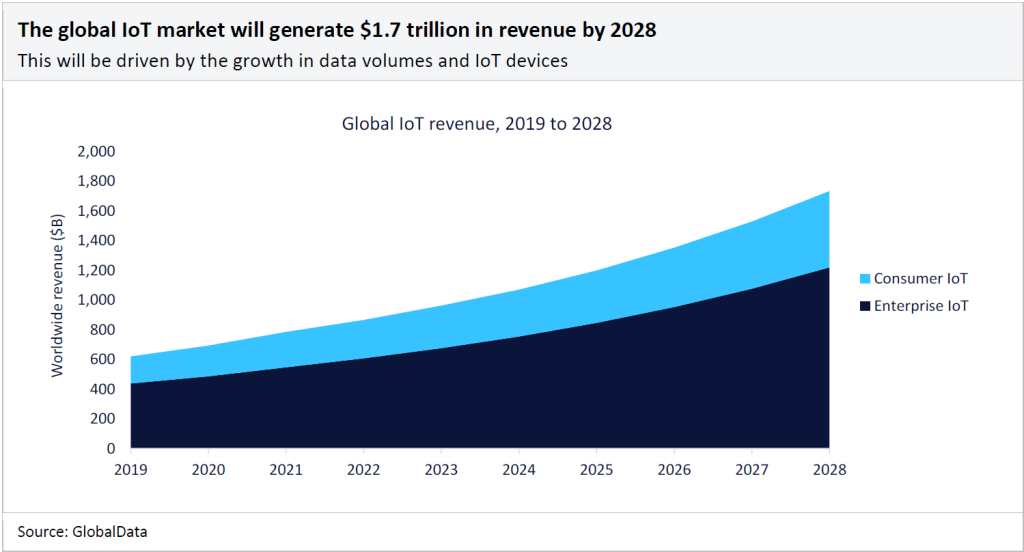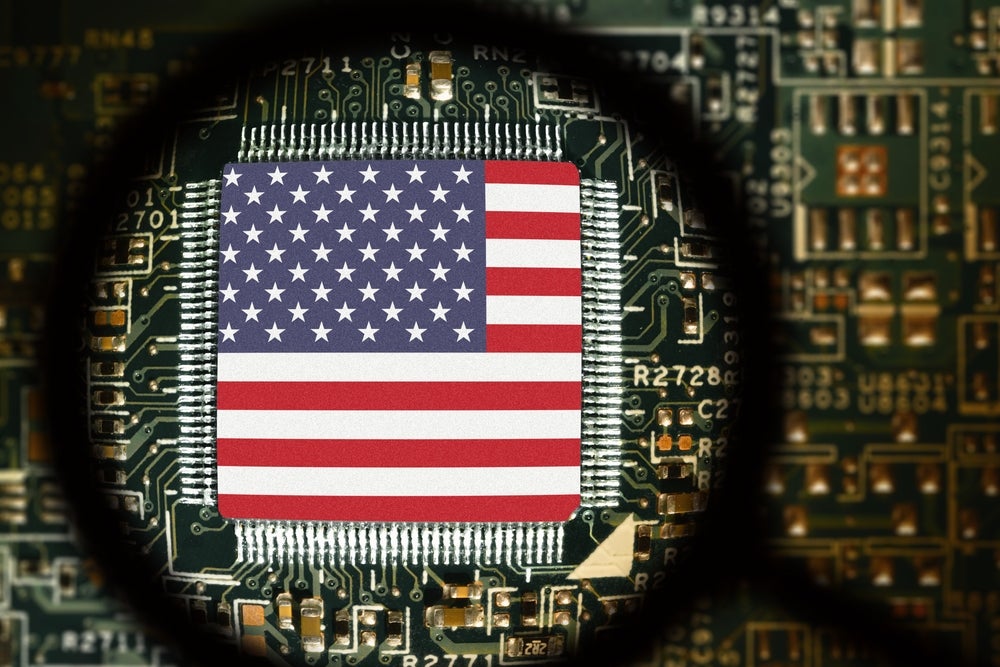
Fears about data privacy are widespread among consumers and a significant barrier to the adoption of automated home devices, according to a new report.
GlobalData’s Automated Home report forecasts that the market will be worth $200.8bn in 2028 having grown at a compound annual rate of 11% since 2023, when it was worth $119.5bn. Despite this strong growth, it notes that unstructured and fragmented security regulations are a significant roadblock to broader IoT adoption, contributing to fears about data privacy.

“Individuals may be concerned about security cameras or other smart devices in their homes being hacked,” the report states. “Consumers need to be assured that their data is secure since there have been several high-profile examples of major breaches involving automated home devices, such as the case of an Amazon Echo that sent a recording of a private conversation between a husband and wife to a random contact in their phone book.”
Indeed, consumers are largely in the dark about the extent to which their devices might be at risk, with it not always possible to know if a device has been accessed by an attacker.
Automated home privacy threats
On this point, Shabnam Perez, GlobalData analyst and author of the report, told Verdict: “Reports indicate that attacks on home automation devices are increasing in frequency. This is due in part to the growing number of devices in use, as well as the fact that many devices have weak security measures in place.
“While consumers are right to be concerned about the security of their devices, there are steps they can take to protect themselves. These include using strong passwords, keeping devices updated and using a separate network for IoT devices.”
While measures can be taken to improve device security, the report outlines that differing visions globally about how data privacy should be regulated lessen protection for consumers as a whole. It notes that there is a lack of central oversight and that, in the wake of online abuses attributed to Big Tech companies, governments across the globe are questioning the model of self-regulation.
“While there is a broad consensus that the system is broken, views on how to fix it vary,” explains the report. “The EU, US, UK and other liberal democracies are introducing regulations around data privacy, antitrust, and data protection without disputing the global and open approach to the internet. On the other hand, with the backing of Russia and other authoritarian regimes, China wants to put power back in the hands of nation-states. It is seeking to build a technological infrastructure that gives it absolute control over the digital space, including the exercise of censorship.”
This fragmentation results in a weak regulatory landscape of which cyberattackers can take advantage. Perez believes this mix is responsible for consumer fears about home automation privacy.
“While regulations are improving, they are not yet strong enough to fully protect consumers,” she says. “Cyberattackers are also becoming more sophisticated, making it difficult to stay ahead of the curve.”







